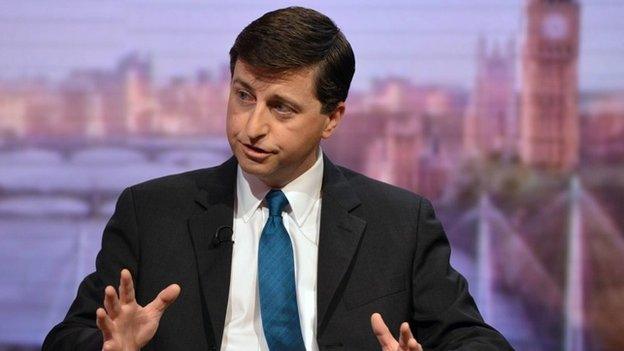EU leaders offer Cameron hope after Juncker vote defeat
- Published
- comments
Jean-Claude Juncker: Career insider or committed European?
The leaders of Sweden and Germany have offered encouragement to David Cameron after his defeat in a vote on the new European Commission president.
Britain forced a vote to block the selection of Jean-Claude Juncker, seen as a backer of closer political union, but EU states voted 26-2 in his favour.
Sweden backed Mr Juncker but after the vote PM Fredrik Reinfeldt said he knew closer union was not "for everyone".
Germany's Angela Merkel said she was "ready to address British concerns".
Labour said the result of Friday's vote was "humiliating" for the UK prime minister but Mr Cameron said it was not his "last stand".
He said he would not "back down" in his fight to reform the EU and take powers back from Brussels, something he plans to do before holding a referendum on Britain's EU membership after the next general election.
But speaking about the vote, he said: "This is a bad day for Europe.
"It risks undermining the position of national governments, it risks undermining the power of national parliaments and it hands new power to the European Parliament."
David Cameron: "This is a bad day for Europe"
Mr Reinfeldt pointed to a document issued by EU leaders after the vote which accepted that the idea of an ever-closer union should not apply to all member states.
"Just look into what we have written in our conclusions," he said.
"You will find references with text, which I think is very important for David Cameron, saying this ever-closer union perception is maybe not the best for everyone."
He highlighted that this had "never been stated" by the EU before.
Germany also supported Mr Juncker's appointment, but after the vote Chancellor Merkel said there would be a review of how the president was nominated and said she shared Britain's ideas about what the EU should be like.
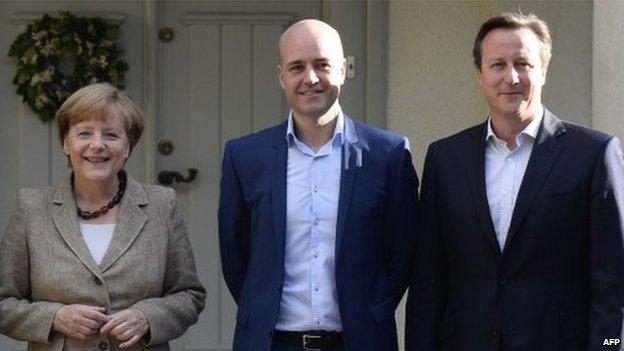
Germany's Angela Merkel and Sweden's Fredrik Reinfeldt have offered some support to David Cameron
Mr Juncker was the preferred candidate of the European People's Party (EPP), the largest group in the European Parliament, and his appointment must now be endorsed by the parliament.
The appointment of the European Commission president has previously been by consensus but Mr Cameron opposed the choice and his demand for a vote was granted.
He tried to convince other countries to oppose Mr Juncker, a former leader of Luxembourg, but in the end only the UK and Hungary did so.
The BBC's Europe editor Gavin Hewitt said Mr Cameron's fight against Mr Juncker was part of a wider struggle to reform the EU.
Mr Cameron sees the appointment as handing more power to the European Parliament and taking it away from the heads of government, he said.
He said the prime minister needed a shift in power back to national parliaments in order to sell the idea of a reformed Europe to the British public.
"David Cameron sees a career insider whose election undermines the power of national parliaments," he said.
"The German chancellor sees a committed European. Mr Cameron says he will work with Mr Juncker but suspicions will run deep."
UK Labour Party leader Ed Miliband said Mr Cameron's advocacy had become "toxic" and Friday's events showed the prime minister could not "represent our interests in Europe".
'Damned nuisance'
UKIP leader Nigel Farage said there was a mood within the EU that it would rather get rid of the "friendless" UK than allow it to start "picking apart treaties".
He told BBC Radio 4's Today programme that leaders viewed Britain as "a damned nuisance" that was "always complaining".
Mr Farage added that while Chancellor Merkel said she would address British concerns, ultimately, when she "puts her foot down" everybody fell into line.
"She said countries can move at different paces, while some can get there more quickly than others, but she wasn't for a moment suggesting that Britain can opt out of the principle of an ever closer union."
But Health Secretary Jeremy Hunt rejected this. He told the same programme that Mrs Merkel knew she had to deliver "real change" because of Mr Cameron's pledge to hold a referendum on Britain's membership after the next UK general election.
He said there had been a "sea change" in the European debate and that negotiations were open.
European leaders "desperately" wanted Britain to remain within the EU, he said, but they would have to "work much harder" to persuade it to stay.
Eurosceptic Conservative MP Peter Bone said David Cameron had "no chance" of a successful renegotiation and predicted the prime minister would lead the campaign for Britain to leave the EU.
- Published27 June 2014
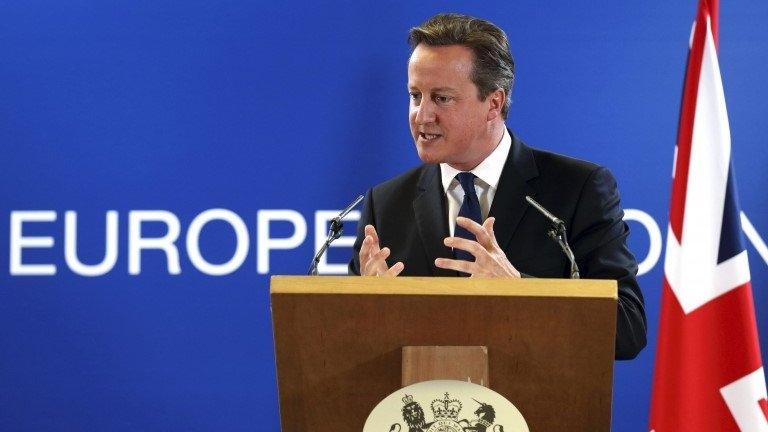
- Published27 June 2014
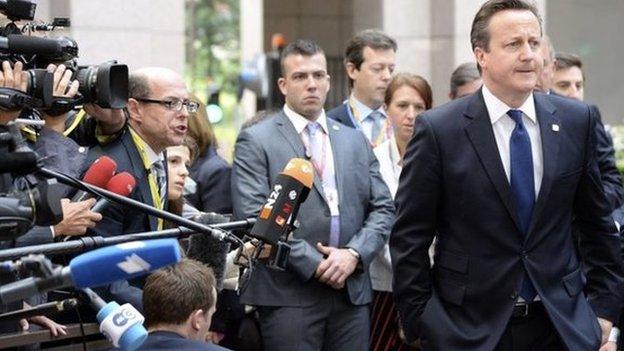
- Published27 June 2014
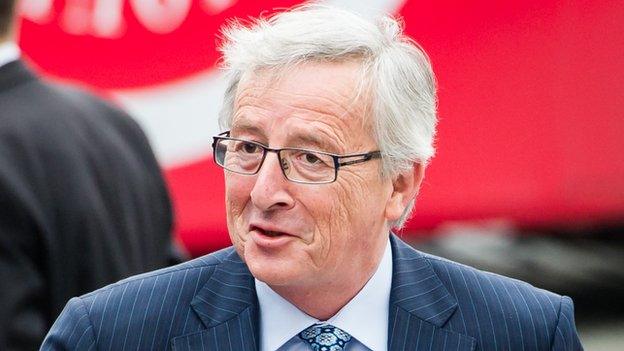
- Published26 June 2014
- Published15 July 2014
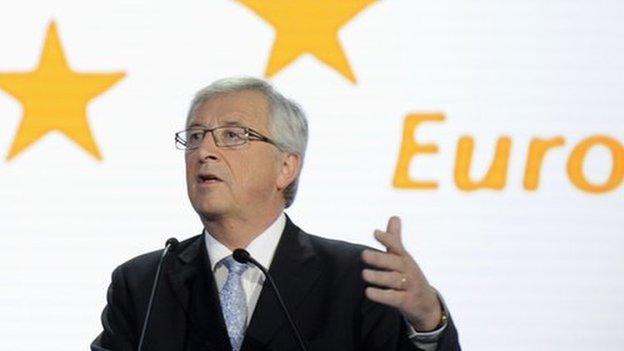
- Published24 June 2014
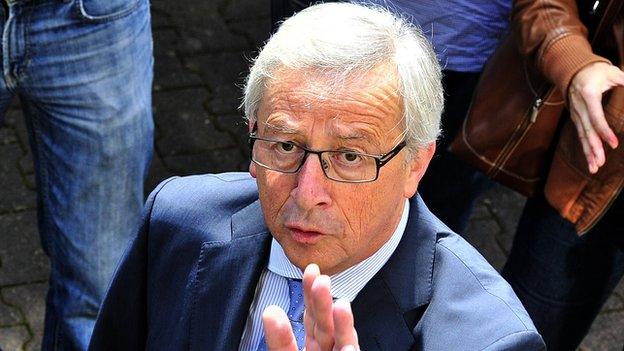
- Published26 June 2014
